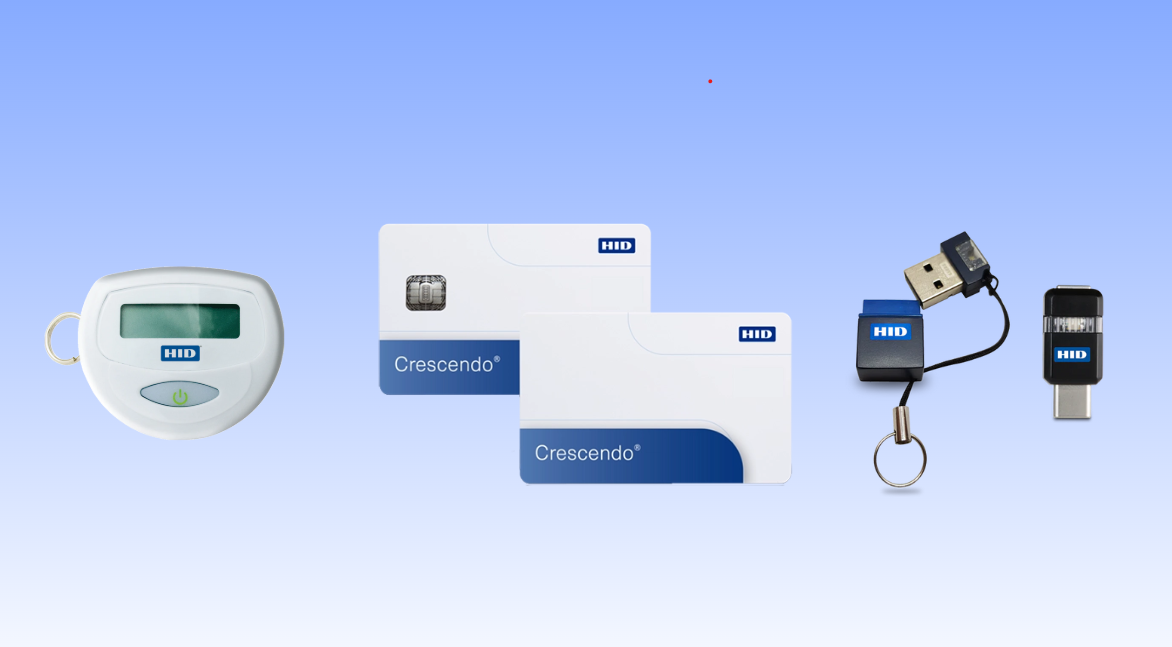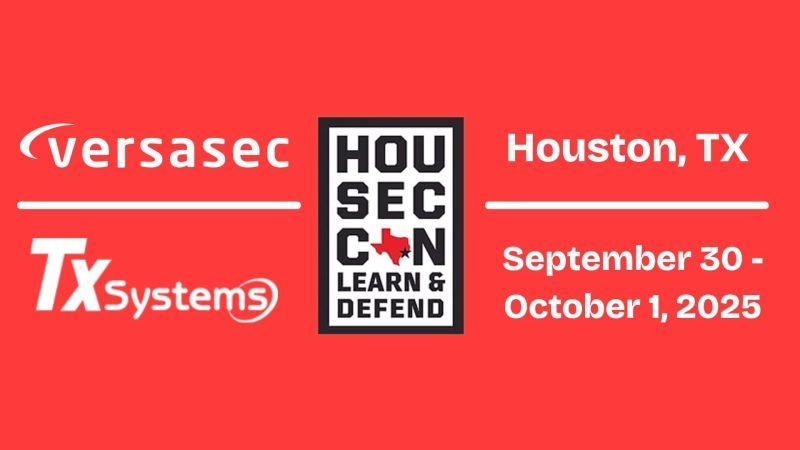Ensure Regulatory Compliance with MFA
In recent years, the majority of regulatory bodies have created strong MFA and device visibility guidelines. Therefore, regardless of the industry, the proper MFA solution should assist in navigating these criteria to prevent expensive fines and guarantee ongoing compliance. These are the MFA compliance standards that organizations need to be aware of, broken down by field.
Healthcare Compliance
The U.S. Department of Health and Human Services (HHS) and the Drug Enforcement Administration (DEA) are the two regulatory bodies that set MFA standards for the healthcare sector. Multi-factor authentication is required by the DEA Electronic Prescriptions for Controlled Substances (EPCS) requirements when approving e-prescriptions, and healthcare organizations must enforce password security and visibility into personal devices accessing protected health information (PHI) in order to comply with HIPAA regulations.
Finance
To reduce high-risk security breaches and safeguard sensitive financial data, financial industry companies must abide by the Federal Financial Institutions Examination Council's (FFIEC) authentication criteria. Strong multi-factor authentication is emphasized as an industry best practice in the FFIEC authentication guidance, which also offers a framework for enhancing online banking security.
Federal and Enterprise
The National Institute of Standards and Technology (NIST) regulations must be followed by organizations in the federal and enterprise sectors. Companies have to abide by the Enhanced Security Requirements for Protecting Controlled Unclassified Information (SP 800-171) and the Digital Identity Guidelines (SP 800-63).

International Business
International organizations are required to abide by EU legislation, particularly the laws pertaining to the General Data Protection Regulation (GDPR). In order to comply with Article 32, which mandates that businesses “implement appropriate technical and organizational measures to ensure a level of security appropriate to the risk,” international enterprises can use multi-factor authentication.
Technology, Retail, and Payment
Comprehensive internal controls on financial information are mandated by the
Gramm-Leach-Bliley Act (GLBA) and the
Sarbanes-Oxley Act (SOX). MFA is not yet a compliance requirement but has been projected to become required. For example, companies that handle and retain credit card payment data are required to adhere to the Multi-Factor Authentication (MFA) guidelines specified in
PCI DSS 3.2 Section 8.3.
Implementing MFA with Tx Systems
At Tx Systems MFA is our specialty, having been in the industry since 2001. Our team of experts is here to help your organization adhere to required regulations- regardless of industry. Contact our team today to see how we can help implement MFA and secure your business.




